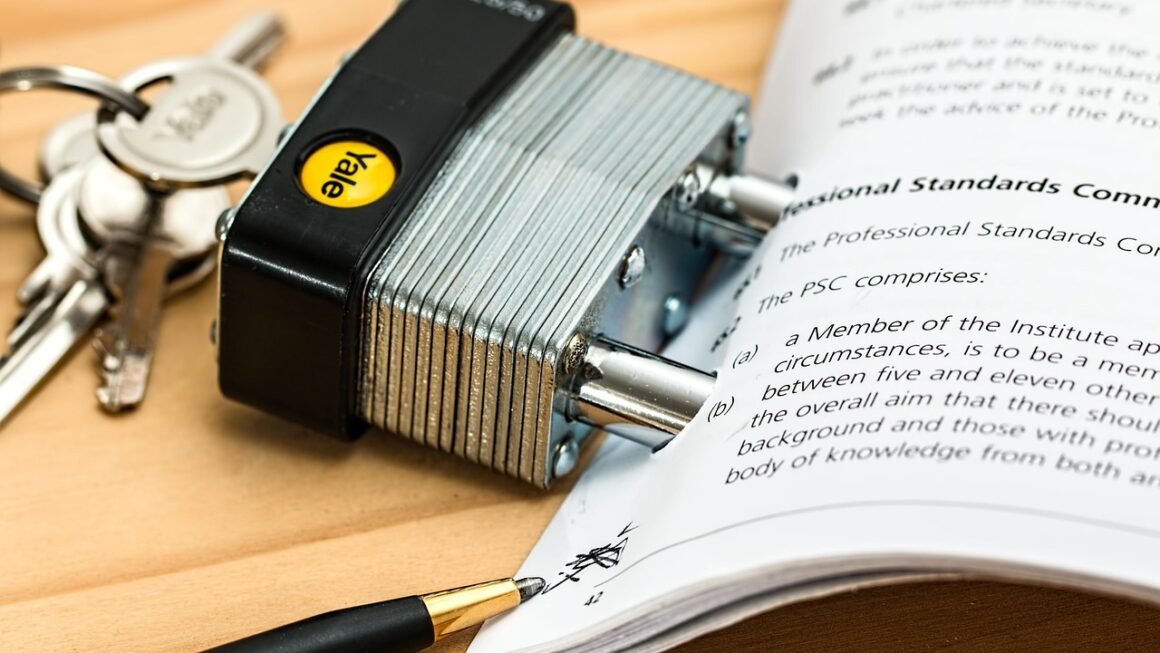Banking plays a pivotal role in our modern economy, acting as the lifeblood that keeps money flowing and businesses thriving. Understanding the intricacies of banking, from managing personal finances to navigating complex investment strategies, is crucial for financial stability and success. This comprehensive guide delves into the various facets of banking, providing valuable insights for individuals and businesses alike.
Understanding the Basics of Banking
What is a Bank?
At its core, a bank is a financial institution licensed to receive deposits and make loans. They act as intermediaries between savers and borrowers, facilitating economic activity and enabling financial growth. Banks can be commercial (serving individuals and businesses), investment-focused, or even central banks, which oversee the monetary policy of a country.
Types of Banking Services
Banks offer a wide array of services tailored to meet diverse financial needs. These include:
- Checking Accounts: For day-to-day transactions and easy access to funds.
- Savings Accounts: For accumulating savings while earning interest.
- Loans: Including personal loans, mortgages, and business loans, providing access to capital.
- Credit Cards: Offering a line of credit for purchases, often with rewards programs.
- Investment Products: Such as certificates of deposit (CDs), mutual funds, and brokerage accounts, for growing wealth.
- Online and Mobile Banking: Convenient digital platforms for managing accounts and transactions.
Example: Consider Sarah, a recent graduate. She opens a checking account for paying bills, a savings account for long-term goals, and applies for a credit card to build her credit history. These services, offered by her bank, provide her with a foundation for financial independence.
The Role of Banks in the Economy
Banks play a critical role in the overall health of the economy by:
- Facilitating Investment: Banks provide loans to businesses, enabling them to expand and create jobs.
- Supporting Consumption: Consumer loans and credit cards enable individuals to make purchases, driving economic activity.
- Managing the Money Supply: Central banks, in particular, control the money supply through various monetary policies.
- Providing Financial Stability: Banks act as a buffer during economic downturns, providing credit and managing risk.
Choosing the Right Bank
Evaluating Your Needs
Selecting the right bank requires careful consideration of your individual or business needs. Key factors to consider include:
- Account Types: Does the bank offer the specific types of accounts you need (e.g., checking, savings, business)?
- Fees: What are the monthly maintenance fees, overdraft fees, and ATM fees?
- Interest Rates: What are the interest rates offered on savings accounts and CDs?
- Convenience: How many branches and ATMs are available? Is online and mobile banking user-friendly?
- Customer Service: Does the bank have a good reputation for customer service?
Actionable Takeaway: Before choosing a bank, compare the fees, interest rates, and services offered by several different institutions.
Comparing Banks: Online vs. Traditional
The banking landscape has evolved significantly with the rise of online banks. Here’s a comparison:
- Traditional Banks:
Pros: Physical branches, personalized customer service.
Cons: Higher fees, potentially lower interest rates.
- Online Banks:
Pros: Lower fees, higher interest rates, convenient online access.
Cons: No physical branches, reliance on technology.
Example: John prefers the personal interaction of a traditional bank and values having a local branch nearby. Maria, on the other hand, prioritizes higher interest rates and doesn’t mind managing her finances entirely online, so she chooses an online bank.
Credit Unions: An Alternative
Credit unions are non-profit financial cooperatives owned and controlled by their members. They often offer:
- Lower Fees: Due to their non-profit structure.
- Higher Interest Rates: On savings accounts.
- Personalized Service: With a focus on member needs.
To join a credit union, you typically need to meet specific eligibility requirements, such as living or working in a particular area or being affiliated with a certain organization.
Managing Your Bank Accounts Effectively
Budgeting and Account Reconciliation
Effective account management starts with budgeting. Creating a budget helps you track your income and expenses, ensuring you stay within your financial means. Reconciling your bank statements regularly allows you to identify any discrepancies or unauthorized transactions.
Example: Use a budgeting app or spreadsheet to track your spending each month. Compare your bank statement to your records to identify any errors or fraudulent activity.
Avoiding Overdraft Fees
Overdraft fees can quickly add up and drain your account. To avoid them:
- Monitor Your Balance: Regularly check your account balance to ensure you have sufficient funds.
- Set Up Overdraft Protection: Link a savings account or credit card to cover overdrafts.
- Opt Out of Overdraft Services: Decline overdraft coverage to prevent transactions from going through if you don’t have enough funds.
Utilizing Online and Mobile Banking Features
Online and mobile banking offer a range of convenient features, including:
- Bill Payments: Schedule and pay bills online.
- Transfers: Transfer funds between accounts.
- Mobile Check Deposit: Deposit checks using your smartphone.
- Account Alerts: Receive notifications about low balances, large transactions, or suspicious activity.
Statistic: According to a Federal Reserve study, approximately 73% of adults in the U.S. use mobile banking.
Understanding Loans and Credit
Types of Loans
Banks offer a variety of loans to meet different needs:
- Personal Loans: Unsecured loans for various purposes, such as debt consolidation or home improvement.
- Mortgages: Loans to finance the purchase of a home.
- Auto Loans: Loans to finance the purchase of a vehicle.
- Business Loans: Loans to finance business operations, expansion, or equipment purchases.
Credit Scores and Credit Reports
Your credit score is a numerical representation of your creditworthiness, based on your credit history. A good credit score is essential for obtaining loans and credit cards at favorable interest rates. Your credit report contains detailed information about your credit history, including payment history, outstanding debts, and credit inquiries.
Actionable Takeaway: Check your credit report regularly for errors and take steps to improve your credit score by paying bills on time and keeping your credit utilization low.
Responsible Credit Card Use
Credit cards can be a valuable tool for building credit and earning rewards, but it’s important to use them responsibly:
- Pay Your Balance in Full: Avoid interest charges by paying your balance in full each month.
- Keep Credit Utilization Low: Aim to keep your credit utilization (the amount of credit you’re using compared to your credit limit) below 30%.
- Avoid Late Payments: Late payments can damage your credit score.
Conclusion
Navigating the world of banking can seem daunting, but understanding the fundamentals is key to achieving your financial goals. By carefully choosing the right bank, managing your accounts effectively, and using credit responsibly, you can build a solid foundation for financial security and success. Remember to stay informed, regularly review your financial strategies, and seek professional advice when needed.



